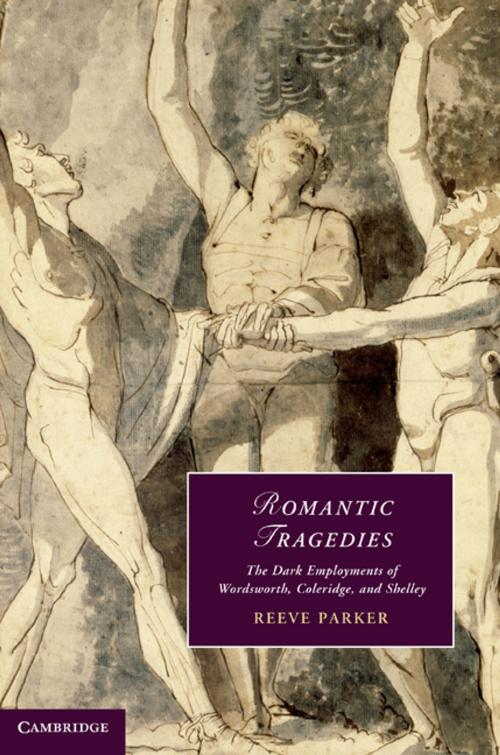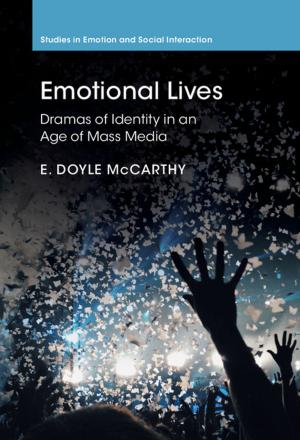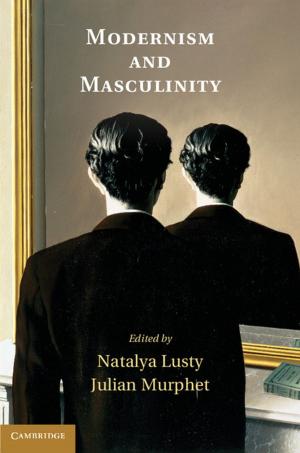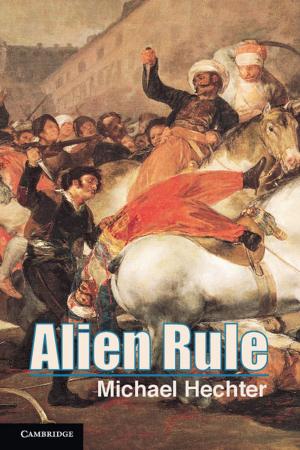Romantic Tragedies
The Dark Employments of Wordsworth, Coleridge, and Shelley
Fiction & Literature, Literary Theory & Criticism, British, Nonfiction, Entertainment, Drama| Author: | Reeve Parker | ISBN: | 9781316099001 |
| Publisher: | Cambridge University Press | Publication: | March 10, 2011 |
| Imprint: | Cambridge University Press | Language: | English |
| Author: | Reeve Parker |
| ISBN: | 9781316099001 |
| Publisher: | Cambridge University Press |
| Publication: | March 10, 2011 |
| Imprint: | Cambridge University Press |
| Language: | English |
Troubled politically and personally, Wordsworth and Coleridge turned in 1797 to the London stage. Their tragedies, The Borderers and Osorio, were set in medieval Britain and early modern Spain to avoid the Lord Chamberlain's censorship. Drury Lane rejected both, but fifteen years later Coleridge's revision, Remorse, had spectacular success there, inspiring Shelley's 1819 Roman tragedy, The Cenci, aimed for Covent Garden. Reeve Parker makes a striking case for the power of these intertwined works, written against British hostility to French republican liberties and Regency repression of home-grown agitation. Covertly, Remorse and The Cenci also turn against Wordsworth. Stressing the significance of subtly repeated imagery and resonances with Virgil, Shakespeare, Racine, Jean-François Ducis and Schiller, Parker's close readings, which are boldly imaginative and decidedly untoward, argue that at the heart of these tragedies lie powerful dramatic uncertainties driven by unstable passions - what he calls, adapting Coleridge's phrase for sorcery, 'dark employments'.
Troubled politically and personally, Wordsworth and Coleridge turned in 1797 to the London stage. Their tragedies, The Borderers and Osorio, were set in medieval Britain and early modern Spain to avoid the Lord Chamberlain's censorship. Drury Lane rejected both, but fifteen years later Coleridge's revision, Remorse, had spectacular success there, inspiring Shelley's 1819 Roman tragedy, The Cenci, aimed for Covent Garden. Reeve Parker makes a striking case for the power of these intertwined works, written against British hostility to French republican liberties and Regency repression of home-grown agitation. Covertly, Remorse and The Cenci also turn against Wordsworth. Stressing the significance of subtly repeated imagery and resonances with Virgil, Shakespeare, Racine, Jean-François Ducis and Schiller, Parker's close readings, which are boldly imaginative and decidedly untoward, argue that at the heart of these tragedies lie powerful dramatic uncertainties driven by unstable passions - what he calls, adapting Coleridge's phrase for sorcery, 'dark employments'.















